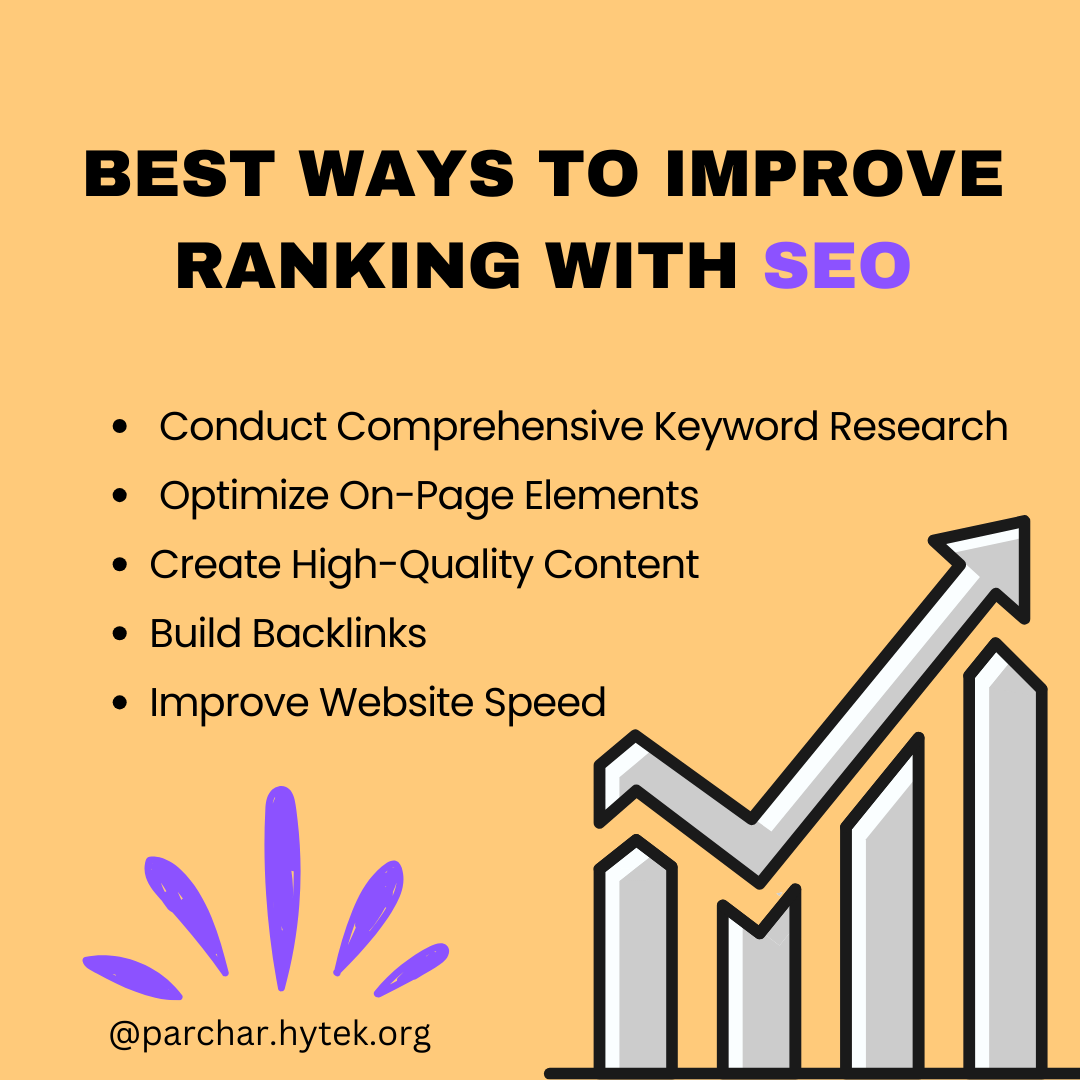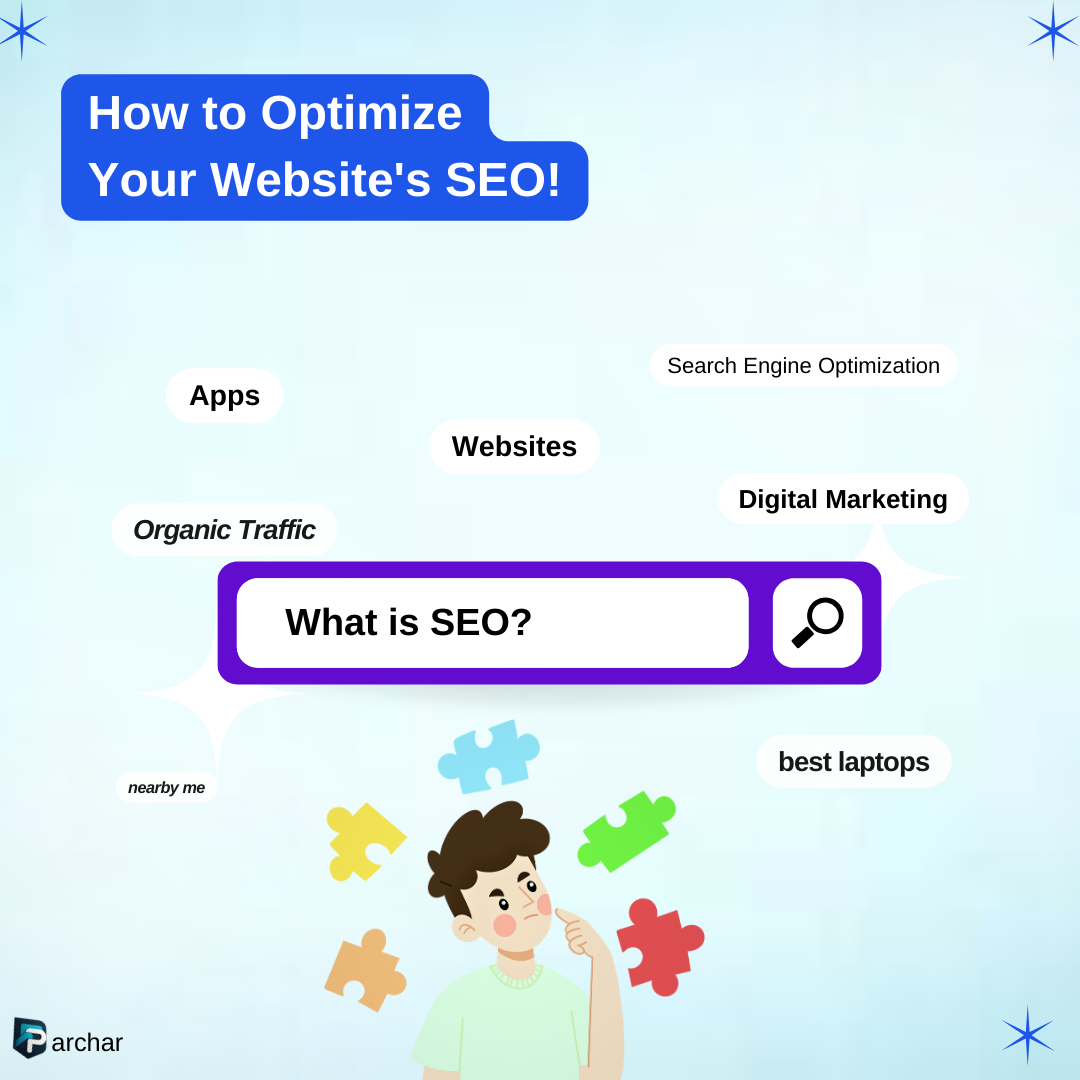Boost Your Search Engine Rankings: Proven SEO Strategies
1 year ago
In today's digital age, having a strong online presence is crucial for businesses to succeed. Search Engine Optimization (SEO) plays a vital role in improving your website's visibility and attracting organic traffic. By implementing effective SEO strategies, you can outrank your competitors and reach a wider audience.

1. Conduct Thorough Keyword Research
Identify relevant keywords: Use tools like Google Keyword Planner, SEMrush, or Ahrefs to find keywords that your target audience is searching for.
Analyze keyword difficulty: Assess the competition for each keyword to determine its feasibility.
Incorporate keywords naturally: Use your chosen keywords in your website's content, including titles, headings, meta descriptions, and body text.
2. Optimize On-Page Elements
Title tags: Create compelling and keyword-rich title tags for each page of your website.
Meta descriptions: Write concise and informative meta descriptions that entice users to click on your search results.
Header tags (H1, H2, etc.): Use header tags to structure your content and include relevant keywords.
Image alt text: Add descriptive alt text to your images to improve accessibility and SEO.
Internal linking: Link to relevant pages within your website to help search engines understand your site's structure and improve navigation.
3. Create High-Quality Content
Develop valuable content: Create informative and engaging content that addresses your target audience's needs and interests.
Optimize for both users and search engines: Use relevant keywords and a clear structure to make your content easy to read and understand.
Update your content regularly: Keep your content fresh and relevant to maintain search engine rankings.
4. Build Backlinks
Acquire high-quality backlinks: Earn backlinks from reputable websites in your industry.
Guest post on other blogs: Write guest posts for other relevant blogs to build relationships and generate backlinks.
Participate in online communities: Engage with other users in online forums and communities to build your network and generate backlinks.
5. Optimize for Mobile
Ensure mobile-friendliness: Ensure your website is optimized for mobile devices to provide a seamless user experience.
Google prioritizes mobile-friendly websites: Google gives preference to websites that are mobile-friendly in their search rankings.
6. Improve Website Speed
Optimize loading speed: Reduce your website's loading time to improve user experience and search engine rankings.
Use tools like Google PageSpeed Insights: Identify areas for improvement and make necessary optimizations.
7. Monitor and Analyze Performance
Track key metrics: Use Google Analytics to track your website's traffic, engagement, and conversions.
Make data-driven decisions: Analyze your performance data to identify areas for improvement and make informed decisions.
Conclusion
By implementing these SEO strategies, you can significantly improve your website's visibility and attract more organic traffic. Remember, SEO is an ongoing process, so it's important to continuously monitor and adjust your approach based on your website's performance.
Sources and related content
KeywordResearch
OnPageSEO
OffPageSEO
Backlinks

